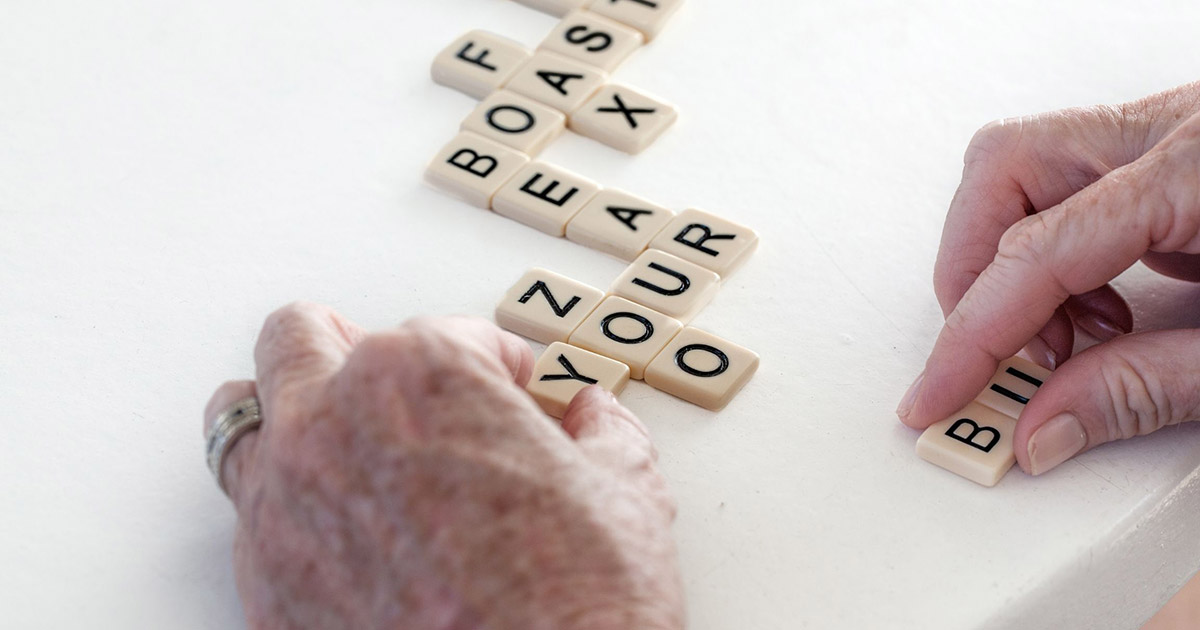Flexing Your Mind: 7 Exercises for Continued Brain Health and Congintive Function
Brain health is a complex topic. By oversimplifying the issue, brain function is basically as important as physical health when it comes to an aging mind. And because the brain is one of the most important muscles of the body, it needs to regularly exercise to stay healthy. Here are seven great tips for flexing your mind and continuing your brain health:
Play Word Games
Word puzzles and brainteasers like Sudoku and crosswords are popular ways to improve not just word association but recall memory, too.
Listen to Music
According to Johns Hopkins researchers, there are few things that stimulate the brain like music does. “Music is structural, mathematical and architectural. It’s based on relationships between one note and the next,” noted one otolaryngologist in a recent study. Get extra brain bonus points by listening to new music instead of music from your favorite era. New music challenges our brains because it’s unfamiliar and forces the brain to understand the new sound.
Go Outside & Stay Active
Activities outside like gardening and walking are great ways to not only get fresh air but also refill your vitamin D levels, which can hurt neurological and cardiovascular systems if low. Athletic activities (indoor or outdoor) also increase the blood and oxygen flow throughout the body. Try low-impact activities such as putt-putt golf, yoga and tai chi — all three are great ways to think about physics and strengthen the mind-body connection.
Tackle Puzzles, Board & Card Games
Talking about low-impact but high reward; puzzles are a great way to boost brain function and assist with dexterity. Games also provide opportunities for social interaction, making new friends and promoting strategic problem-solving skills. Of course, the game-playing landscape looks a little different these days with COVID-19 precautions, so be sure to transition to virtual games until it’s safe.
Get Crafty
Being creative requires more brain power than learning, so a more art-focused activity can have a big impact on mental sharpness.
Learn Something New
Much like listening to new music, taking on a new hobby or skill can improve both cognitive function and your sense of well-being. Trying learning a new language, cooking a new recipe or discovering how to paint.
Read Books
Neuroscientists say reading can improve brain function on a variety of levels. A now-famous study found that reading fiction improves theory of mind (capacity for empathy and understanding). Reading books of all genres improves vocabulary and cognitive skills across the board but it doesn’t have to be fiction. Try reading newspapers, magazines, biographies and blogs, if not books, or listen to audiobooks instead. You also get bonus brain points if you can retell the story to others to boost your memory skills.
Be sure to flex that muscle daily! Whether it’s puzzles with a loved one, reading a new novel or flying a kite, routine brain exercises help you maintain healthy cognitive function.

